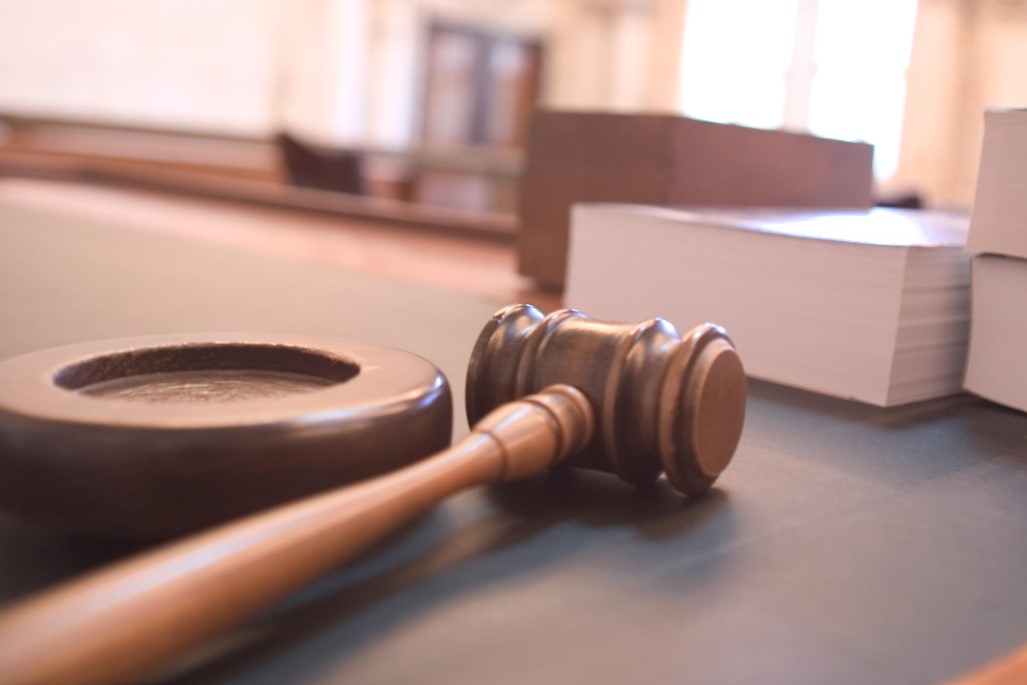Book A Demo
To book a demo please complete the form and we will come back to you shortly.
To book a demo please complete the form and we will come back to you shortly.
New Zealand

Samantha Barrett, part of the Commercial Disputes & Employment team at Norris Ward McKinnon takes a look at New Zealand’s newly strengthened Protected Disclosures Act, particularly expanded definitions of ‘serious wrongdoing’.
New Zealand was one of the first countries to enact dedicated legislation to protect whistleblowers through the Protected Disclosures Act 2000. Although that legislation provided some protections for whistleblowers, the legislation has been reviewed, expanded and strengthened with the enactment of the Protected Disclosures (Protection of Whistleblowers) Act 2022 (Act) which came into force on 1 July 2022.
There is a public interest in ensuring New Zealand workplaces operate with high integrity. The Act brings changes which are aimed at encouraging more people to step forward and report serious wrongdoing, these changes are likely to bring a need for organisations to review their current policies and procedures in relation to protected disclosures.
Any person can make a confidential disclosure if they believe on reasonable grounds there is, or has been, serious wrongdoing in or by an organisation with which they have an employment-type relationship (i.e. employee, contractor, volunteer, former employees). If the disclosure is made in accordance with the Act, the discloser will be entitled to confidentiality (even if the discloser is mistaken and there is no serious wrongdoing) and will be protected from retaliatory behaviour in relation to their disclosure.
Although the previous legislation provided for a definition of ‘serious wrongdoing’, it was criticised for being too limited in scope and, as a result, one of the key changes in the Act is the expansion of this definition. A notable change to the definition is the inclusion of any act, omission or course of conduct in or by any organisation that poses ‘a serious risk to the health and safety of any individual’.
This change might mean the definition of serious wrongdoing could now include instances of bullying and harassment in the workplace, which is likely to result in an increased number of disclosures. Organisations should evaluate whether their current policies and procedures are appropriate and sufficient to manage any potential additional disclosures being made under the Act.
In the event a disclosure does not amount to serious wrongdoing, and is therefore not covered by the Act, the organisation receiving the request should determine whether there is a more appropriate process to follow. For instance, the Act does not cover employment issues that are more appropriately covered by the Employment Relations Act 2000, like for example, dissatisfaction with leadership or other instances of misconduct.
It is good practice for workplaces to promote a culture of encouraging, supporting and protecting people who make disclosures, and to have processes in place that are clear and responsive. Organisations who do not have whistleblowing polices and procedures should look to implement them and organisations with current policies should review and revise these accordingly.
Samantha Barrett is part of the Commercial Disputes & Employment team at Norris Ward McKinnon.